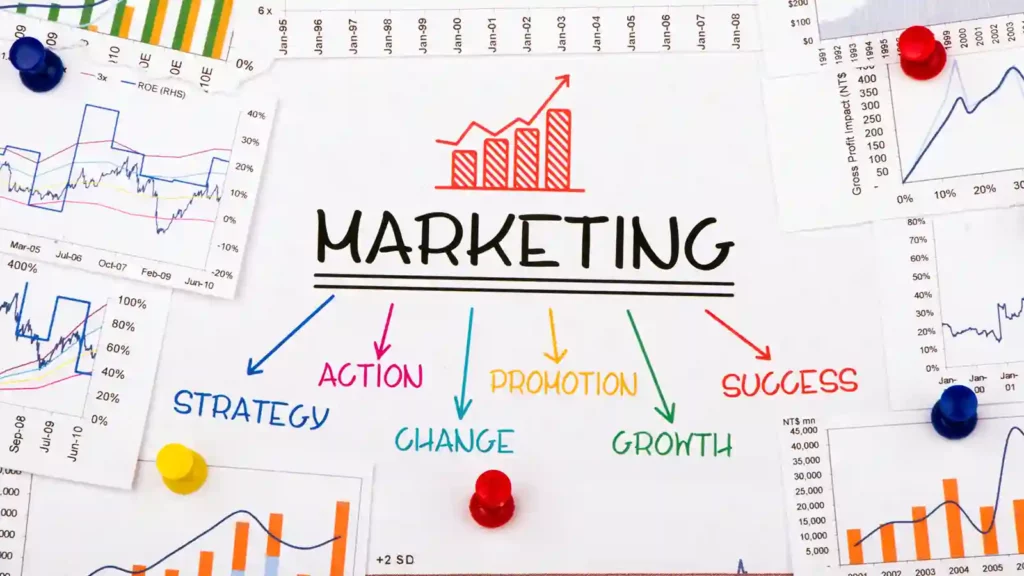In today’s competitive landscape, businesses rely on multiple marketing channels to connect with their audience, promote products, and drive sales. Whether you’re marketing physical goods or digital products, choosing the right channels determines how effectively your message reaches potential customers.
What Are Marketing Channels?
Marketing channels are the platforms or pathways businesses use to reach consumers. These include both traditional and digital methods, each serving different purposes in the buyer’s journey.
Main Types of Marketing Channels
-
Direct Marketing
Involves selling directly to consumers without intermediaries. Examples include email campaigns, SMS marketing, or direct website sales.-
Best for: Building long-term customer relationships.
-
-
Affiliate Marketing
Partners (affiliates) promote your product and earn a commission for each sale made through their link.-
Best for: Expanding reach with minimal upfront costs.
-
-
Social Media Marketing
Uses platforms like Instagram, X (Twitter), TikTok, and LinkedIn to engage audiences, run ads, and build brand identity.-
Best for: Increasing brand awareness and community engagement.
-
-
Content Marketing
Focuses on creating valuable, relevant content such as blogs, videos, and infographics to attract and educate potential customers.-
Best for: Establishing authority and improving SEO.
-
-
Search Engine Marketing (SEM)
Combines paid ads (PPC) and organic optimization (SEO) to improve visibility on search engines like Google or Bing.-
Best for: Driving targeted traffic and conversions.
-
-
Influencer Marketing
Collaborates with influencers who have established credibility in specific niches.-
Best for: Gaining trust and reaching niche audiences quickly.
-
-
Email Marketing
A classic yet powerful tool for personalized communication, nurturing leads, and encouraging repeat purchases.-
Best for: Customer retention and upselling.
-
Digital Product Marketing
Digital product marketing focuses on promoting intangible products such as eBooks, software, courses, or online tools. Unlike physical products, digital goods require a unique approach centered around value, accessibility, and trust.
Key Strategies for Marketing Digital Products
-
Build a Strong Online Presence
Create a professional website or landing page that clearly explains your product’s benefits and includes strong calls-to-action (CTAs). -
Leverage Content and SEO
Publish high-quality articles, tutorials, and videos related to your product niche to attract organic traffic. -
Utilize Social Proof
Add customer testimonials, case studies, or ratings to build credibility and increase conversions. -
Run Targeted Ads
Use platforms like Google Ads or Meta Ads to target audiences based on interests, behaviors, and demographics. -
Offer Free Trials or Samples
Giving users a preview of your product increases trust and encourages conversions. -
Create an Email Funnel
Use automated email sequences to educate users, build rapport, and convert leads into paying customers. -
Collaborate with Affiliates or Influencers
Expand your product’s visibility by partnering with creators or marketers who align with your brand.
Final Thoughts
Marketing channels have evolved from traditional routes to highly targeted digital ecosystems. The key to success in digital product marketing lies in selecting the right mix of channels, understanding your audience, and maintaining consistency across all touchpoints.
